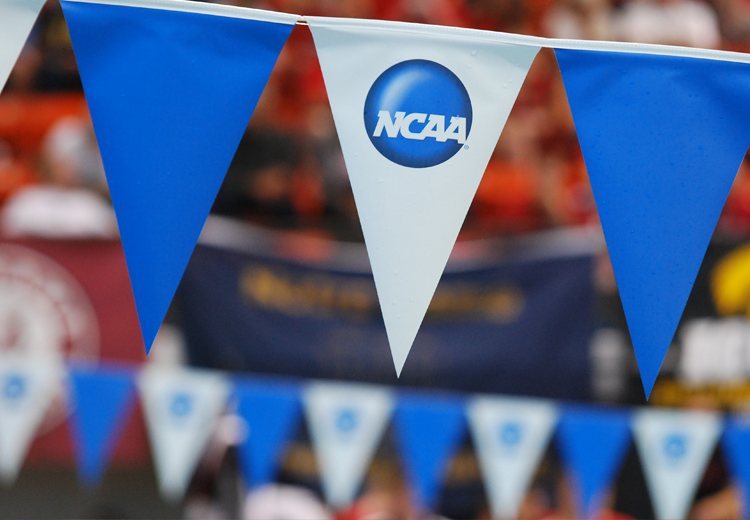In a three-page letter sent to Congress last week, commissioners from the Power 5 conferences asked for support by enacting federal legislation regarding college athletes’ abilities to profit off their own name, image, and likenesses ahead of the NCAA’s own rules, The Athletic’s Nicole Auerbach reported Friday.
The Power 5 conferences are Big Ten, SEC, ACC, Pac-12, and Big 12.
https://twitter.com/NicoleAuerbach/status/1266422601569775616/photo/1
In April, the NCAA announced that it would move to “modernize” name-image-likeness rules for student-athletes by 2020-21, agreeing to allow athletes to receive compensation for things like social media, personal businesses and personal appearances, provided they fall under a set of guiding principles established by the board. The NCAA release made clear that schools are still not allowed to pay athletes, but athletes can now earn money from third parties in certain cases.
“[We] support legislation providing a single, national standard for NIL that would protect student-athletes, provide economic opportunity, and promote academics,” the letter to Congress reads. “We share the view that federal legislation should be enacted to permit Division I student-athletes to pursue payments from third-parties for NIL licensing.”
The letters asks that Congress work to preempt individual state laws and that national laws have a focus on students remaining students, and not becoming employees. Further, the commissioners want protection from “potential legal liability under antitrust and other laws related to the implementation of federally mandated standards.”
In the concluding paragraphs, the commissioners say that “two important steps” are needed to avoid a “pay for play” system.
The first, they say, is that universities must be prohibited from paying NIL compensation to student-athletes. The second step is that university boosters must be kept out of the recruiting process, the letter says, and adds that the “best way” to do that is to prohibit boosters from “engaging in NIL activity that amounts to pay for play, as well as requiring a term of academic progress before a student-athlete can grant and NIL license.”
That idea would theoretically prohibit boosters from recruiting high school students by offering valuable NIL deals.
Attached to the letter is a set of consensus principles on NIL, including that any rules should “preserve the standards” of higher education by prohibiting NIL agreements with advertising interests like tobacco, alcohol, and gaming.
